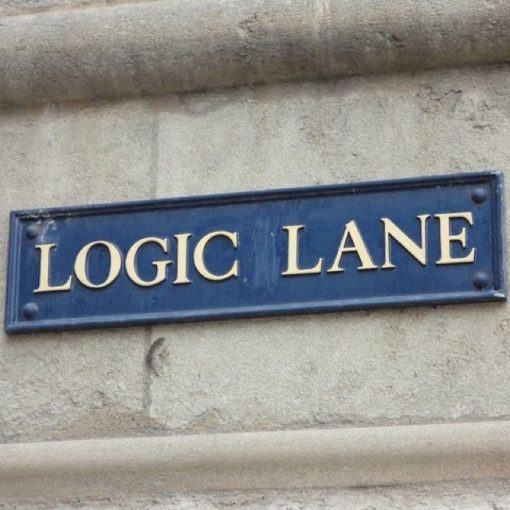This essay was written as part of the outreach program of The Episcopal Church of the Good Shepherd in Lexington to continue to minister to our community in this time of uncertainty and “social distancing” that requires not meeting in person. For essays by my friends and colleagues go to “Calming the Storm.”
The last few weeks have been long and difficult for our country, with the anxiety and uncertainty of the COVID crisis being followed by the protests against racism and police brutality. Of course, it also included for much of America the realization that the “anxiety” inspiring these protests are the daily life for our Black and Brown neighbors. Last week I wrote about the fact that racism should have no place in a Christian community and over on my personal site, I asked, if I am a Christian, then what should I be concerned about with respect to rights, priorities, and forms of government. Standing and fighting against (and “fighting” is not too strong a word) racism and injustice is part of the calling of every Christian and it is has been heartening to see so many making signs, coming out, and joining our neighbors in this struggle. But how long will we keep our resolve?
“If the past is guide,” Condoleezza Rice pointed out in an OpEd this week, “these feelings will fade and we will return to our lives.” We cannot let that happen and this is not just a matter of the good of our society, although that would be enough! It continues the imperative we have as followers of Christ. Jesus repeatedly tells us to be reconciled to our neighbors and to ensure that our promises before God are kept (see, for example, Matt. 5:22-24, 37).
For Morning Prayer this past week we had a number of readings from Ecclesiastes. A challenging book in the Bible which takes a hard look at the realities of this world. The “Teacher” examines what this life is like with all of its unending grind and inescapable hardship. In that context he confirms that we are called to do what is right, even if it is not rewarded immediately, and to ensure that we keep our commitments to God.
“When you make a vow to God, do not delay fulfilling it; for he has no pleasure in fools. Fulfill what you vow. It is better that you should not vow than that you should vow and not fulfill it. Do not let your mouth lead you into sin, and do not say before the messenger that it was a mistake; why should God be angry at your words, and destroy the work of your hands?” (Eccl. 5:4–6)
The promises that we have all made this week must be kept. We may have posted them on our Facebook wall, hastily scrawled them on some cardboard with a Sharpie, or put in a donation to an organization supporting social change, but each and every one was also a pledge to our neighbors and our God. If the past is any indication, as Dr. Rice has noted, then those of us who are white and privileged will likely move on, going back to our normal lives and feelings as if we have done enough. We haven’t. We have barely begun and, the truth is, the work will never end. But that doesn’t mean that we do not do our point. We must.
This week we also read Psalm 50 and various prophets all emphasizing that God doesn’t need our sacrifices of animals and wine. Our God does, however, insist that we give thanks and worship and in that worship we will fulfill all our vows, all our pledges and promises to “delight in his will and walk in his ways.” Walking in the way of God and following Christ our Savior means giving up of our self for others, loving the world as he has loved us. We have taken a stand, we have made our statements, now let us live the life of Christ and make good our vows before God and our neighbor.
“Offer to God a sacrifice of thanksgiving, and pay your vows to the Most High.” (Psa. 50:14)
Amen.





